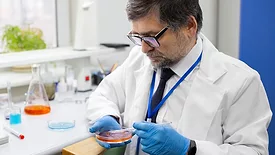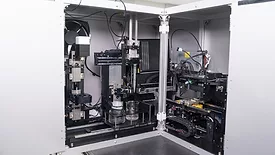Home » Keywords: » pathogen detection
Items Tagged with 'pathogen detection'
ARTICLES
BIZTRACKS
Researchers Develop Rapid Onsite Test for 16 Foodborne Pathogens
January 20, 2026
Never miss the latest news and trends driving the food safety industry
Newsletters | Website | eMagazine
JOIN TODAY!Copyright ©2026. All Rights Reserved BNP Media.
Design, CMS, Hosting & Web Development :: ePublishing




.webp?height=168&t=1657568786&width=275)




